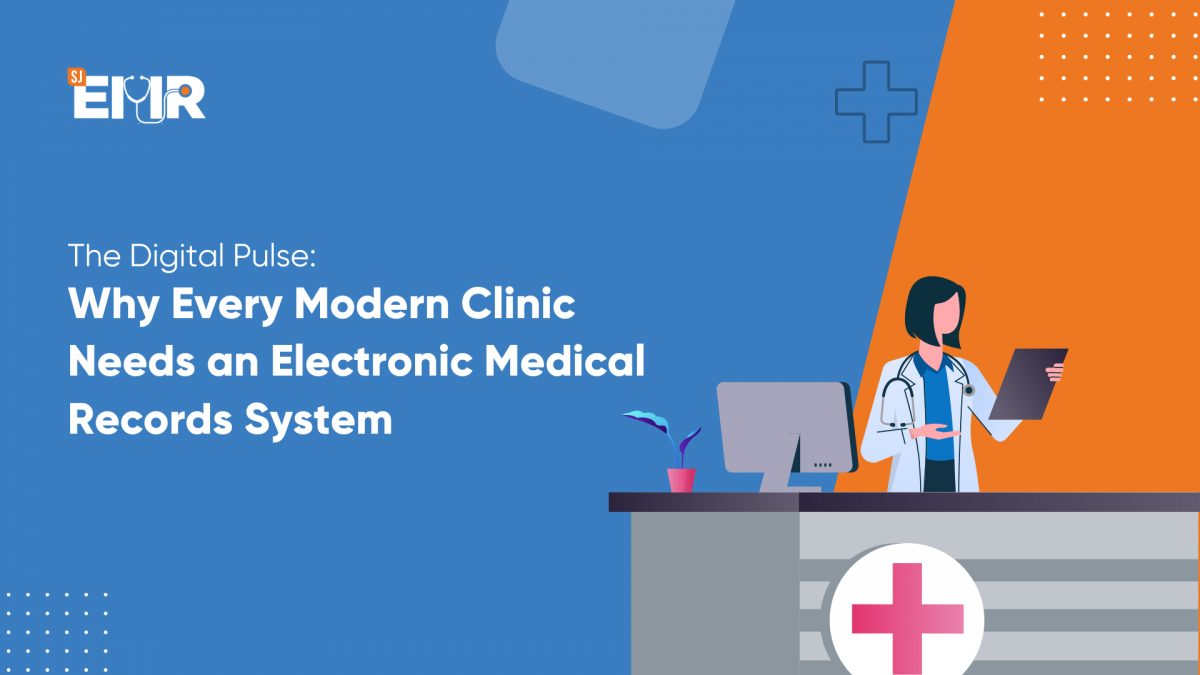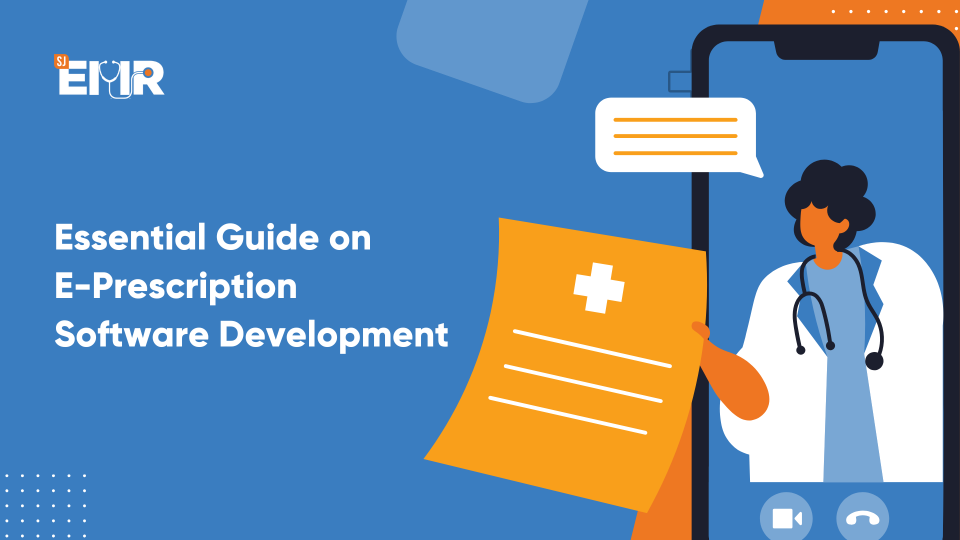The Digital Pulse: Why Every Modern Clinic Needs an Electronic Medical Records System

Essential Guide on E-Prescription Software Development
December 3, 2024
Investing in Healthcare Technology: Is Upgrading Your EMR System Worth It?
January 21, 2025- AI EMR
- BD Doctor
- BD EMR
- digital healthcare technologies
- doctor bd
- efficiency and effectiveness difference
- electronic health record system software
- Electronic medical record
- emr hospital system
- emr in bangladesh
- emr medical software
- integration and future-proofing
- protecting patient health information
- The Digital Pulse: Why Every Modern Clinic Needs an Electronic Medical Records System
Imagine a bustling medical clinic where a patient arrives for an urgent consultation, only to find their critical medical history trapped in a labyrinth of misplaced paper files. A nurse frantically searches through stacks of folders, precious minutes ticking away while the patient’s condition potentially worsens. This scenario is not a rare exception but a daily reality for countless healthcare facilities still relying on antiquated paper-based record-keeping systems.
The limitations of traditional medical record management are stark and consequential. Paper records are prone to human error, easily misplaced, vulnerable to physical damage, and create significant bottlenecks in patient care. They slow down critical medical decision-making, increase the risk of miscommunication, and ultimately compromise the quality of healthcare delivery. In contrast, Electronic Medical Records (EMR) systems emerge as a transformative solution, promising to revolutionize how clinics manage patient information and deliver care.
Enhancing Patient Care with EMR Systems
An Electronic Medical Records system is a digital version of a patient’s paper chart, containing comprehensive medical history, diagnoses, medications, treatment plans, immunization dates, allergies, and test results. Unlike their paper predecessors, EMR systems are dynamic, interactive, and designed to provide healthcare professionals with a holistic view of a patient’s health journey.
The advantages of EMR in healthcare are profound and multifaceted. These systems dramatically improve patient outcomes by ensuring medical information is accurate, complete, and instantly accessible. Doctors can quickly review a patient’s entire medical history, reducing the likelihood of medication errors, identifying potential drug interactions, and making more informed diagnostic decisions. The ability to track patient data over time allows for more proactive and personalized healthcare interventions.
Efficiency and Accessibility: Transforming Clinical Operations
EMR systems are not just digital filing cabinets; they are comprehensive tools that streamline clinical operations. Administrative tasks that once consumed hours of staff time can now be completed in minutes. Appointment scheduling, billing, and insurance claims processing become more efficient and less error-prone.
The accessibility advantage cannot be overstated. Healthcare professionals can access patient records from multiple locations, facilitating seamless communication between different departments and even different healthcare providers. In emergency situations, this can be life-saving, allowing rapid access to critical medical information.
Moreover, EMR systems provide robust disaster recovery capabilities. Unlike physical records that can be destroyed by fire, flood, or other catastrophic events, electronic records can be securely backed up and quickly restored. This ensures continuity of care and protects crucial medical history, regardless of unforeseen circumstances.
Compliance and Legal Considerations: Protecting Patient Data
In an era of increasing regulatory scrutiny, EMR systems are instrumental in helping healthcare providers meet complex legal and regulatory standards. They provide built-in mechanisms to ensure compliance with healthcare regulations like HIPAA, automatically tracking and documenting patient interactions and maintaining stringent data privacy protocols.
The legal benefits of EMR extend beyond mere compliance. These systems create comprehensive audit trails, documenting every interaction and modification to a patient’s record. This transparency protects both patients and healthcare providers, providing clear documentation in case of legal disputes or medical investigations.
Integration and Future-Proofing: The Next Frontier of Healthcare
Modern EMR systems are designed with compatibility and scalability at their core. They can seamlessly integrate with other digital healthcare tools like laboratory information systems, radiology systems, and billing platforms, creating a unified and efficient healthcare ecosystem.
As clinics grow and healthcare technology evolves, EMR systems provide the flexibility to adapt. They are not static solutions but dynamic platforms that can be updated and expanded. The rise of telemedicine, accelerated by recent global events, further underscores the importance of robust EMR systems. These digital platforms enable remote patient management, allowing healthcare providers to deliver care beyond traditional clinic walls.
Conclusion: Embracing the Digital Healthcare Revolution
Electronic Medical Records are no longer a luxury or a future concept—they are a necessity for any modern medical practice. By enhancing patient care, improving operational efficiency, ensuring legal compliance, and providing a platform for future healthcare innovations, EMR systems represent a critical investment in quality healthcare delivery.
For clinic administrators and healthcare providers, the message is clear: the time to transition to an EMR system is now. Explore available platforms, consult with digital health experts, and take the first step towards a more efficient, accurate, and patient-centered healthcare practice.




